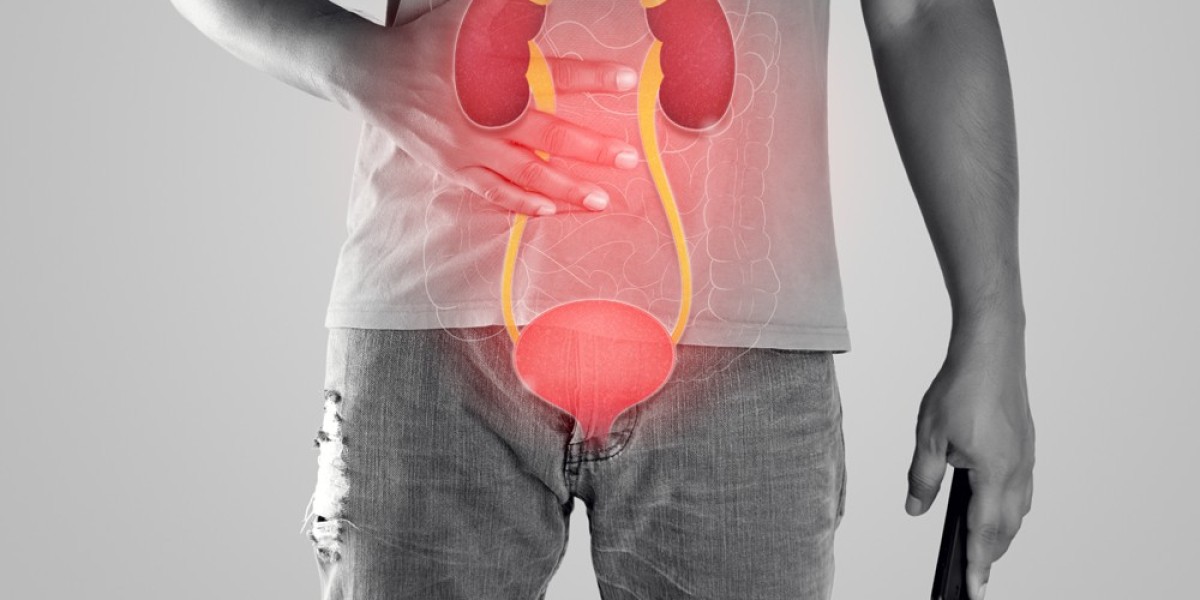A kidney stone is a hard, crystalline mineral material formed within the kidney or urinary tract. Kidney stones are a common cause of blood in the urine (hematuria) and often severe pain in the abdomen, flank, or groin. Kidney stones are sometimes called renal calculi.
Symptoms:
- Severe pain in the side and back, below the ribs
- Nausea or vomiting
- Extreme pain on either side of the lower back
- A vague pain that does not decrease on its own
- Stomachache that persists until treated
- Chills and fever
- Blood found in urine
- Nausea with or without vomiting
- Smelly or cloudy urine
Stages:
- Stage 1: The stone enters the ureter, causing severe pain in the back or side, which may come and go in waves.
- Stage 2: The stone moves down the ureter, causing pain and discomfort.
Treatments:
- Medication: Over-the-counter pain relievers like acetaminophen or ibuprofen can help manage symptoms.
- Extracorporeal shock wave lithotripsy (ESWL): A non-invasive procedure that uses shock waves to break up the stone.
- Ureteroscopy: A minimally invasive procedure that uses a scope to remove the stone.
- Percutaneous nephrolithotomy (PCNL): A surgical procedure that involves making a small incision in the back to remove the stone.
- Open surgery: A surgical procedure that involves making a larger incision to remove the stone.
Prevention:
- Stay hydrated: Drinking plenty of water can help flush out the stone.
- Dietary changes: Avoiding foods that can increase the risk of kidney stones, such as animal proteins, and increasing the intake of fruits and vegetables, can help prevent kidney stones.
When to seek medical attention:
- Severe pain: If the pain is severe and persistent, seek immediate medical attention.
- Fever and chills: If you have a fever and chills, seek immediate medical attention.
- Blood in the urine: If you notice blood in your urine, seek immediate medical attention.
- Difficulty passing urine: If you have difficulty passing urine, seek immediate medical attention.
Consultation with Dr Abhijit Gokhale:
- Dr. Abhijit Gokhale: A renowned urologist in Pune with over 15 years of experience in treating kidney stones.
- Consultation: Schedule a consultation with Dr Abhijit Gokhale to discuss your symptoms and treatment options.
Consult with Dr. Abhijit Gokhale for expert advice and treatment. A doctor specializing in Nephrology or Urology can perform kidney stone treatment in Pune.
The benefits of Kidney Stone Treatment are the following:
- Kidney or ureter stones will be broken into small stones without the requirement of an open Procedure
- Recovery time is less along with fewer complications
- Improves kidney function
?Visit Here For More Info: ? https://www.drabhijitgokhale.com/kidney-stone



